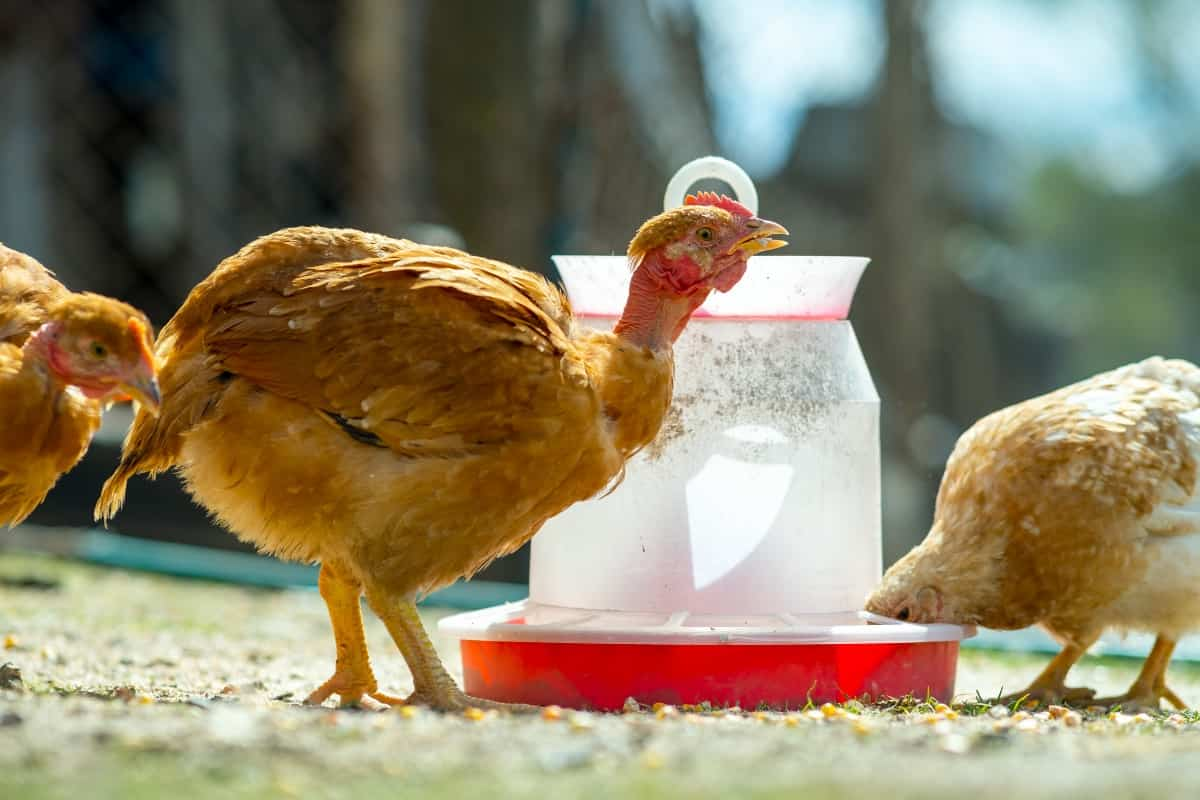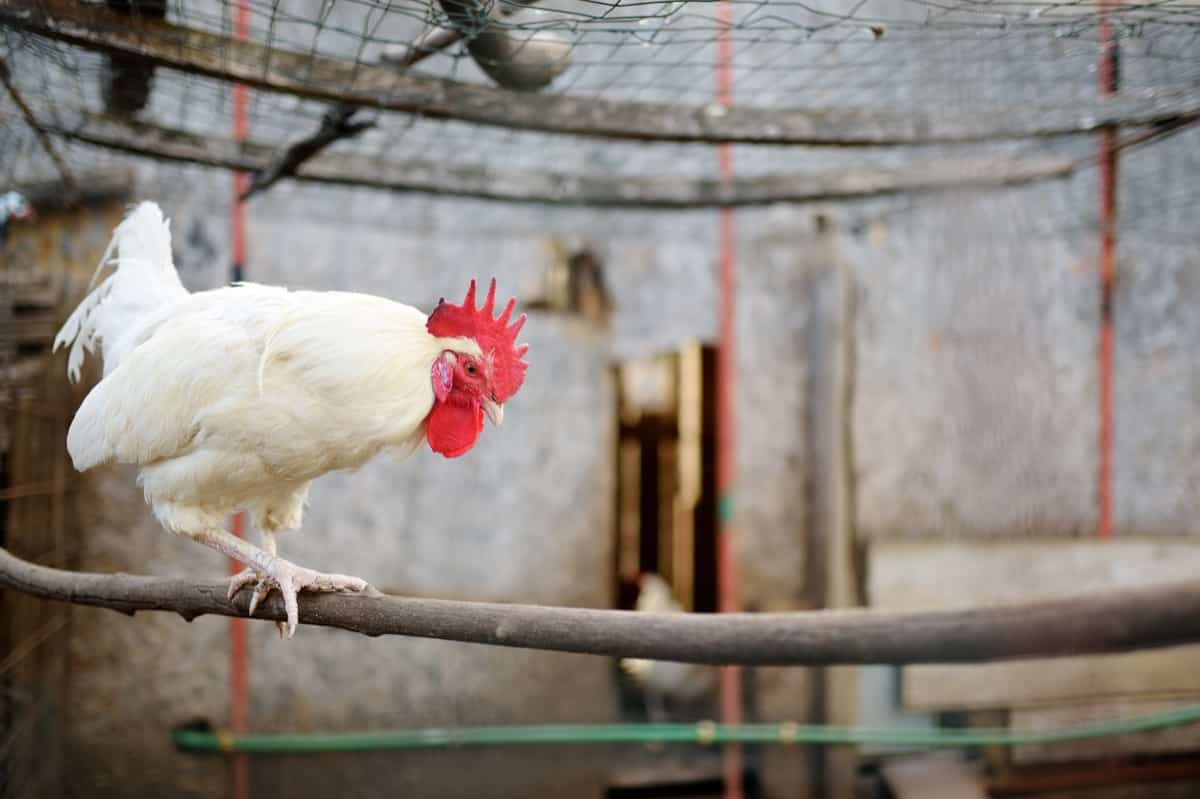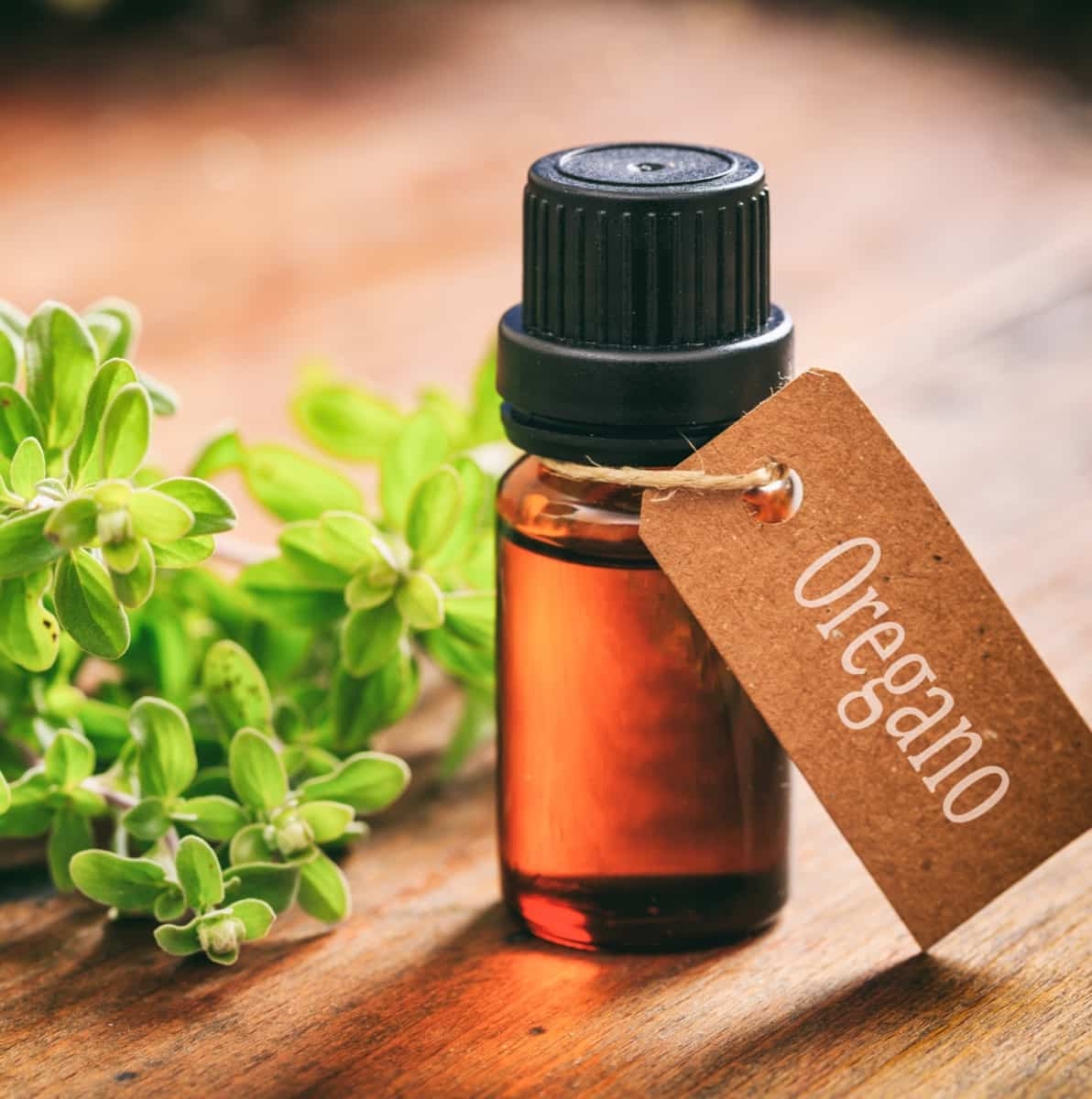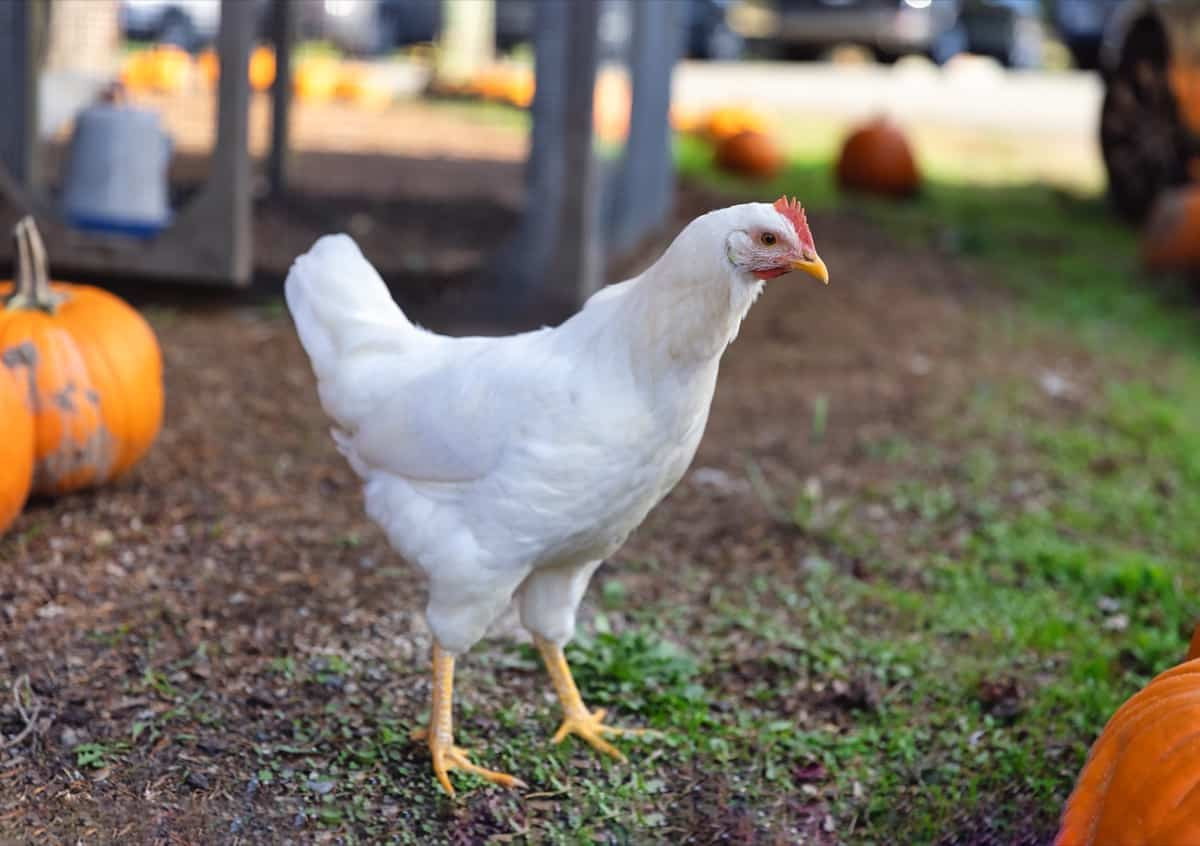When it comes to starting your own chicken coop, there are a few essential items that every first-time beginner chicken owner should have. These items will help ensure the health, safety, and comfort of your chickens and make your job as a chicken owner much easier. Below are the 11 must-haves for first-time beginner chicken owners for chicken coop.
Must Haves for First-Time Beginner Chicken Owners
Waterers and Feeders
Feeders are designed to hold and dispense chicken feed. They come in various types and sizes, depending on the number of chickens in the coop. A well-designed feeder ensures the feed remains clean and dry, preventing spoilage and contamination. It also helps minimize waste, as the feed is kept in a controlled environment, reducing the chances of spillage or scattering.

Waterers, conversely, are designed to provide the chickens with a constant supply of clean and fresh water. Like humans, chickens require water for proper hydration, digestion, and well-being. Waterers come in various forms, such as gravity-fed or automatic systems. Keeping the water clean is essential to prevent the spread of diseases and maintain the flock’s health.
Feed Storage Containers
Chicken feed storage containers are essential for those who keep chickens. Proper chicken feed storage is crucial to maintain its freshness and nutritional value. These containers help organize the feed and protect it from pests, moisture, and other external factors that can spoil it. They ensure the freshness and quality of the feed and contribute to your flock’s overall health and well-being. Choosing the right container and maintaining proper storage practices can provide your chickens with a continuous supply of nutritious feed.
Roosts
Chickens are natural roosters with an innate instinct to perch and sleep off the ground. In the wild, chickens would seek out trees or elevated branches to roost upon. By incorporating roosts in chicken coops, we provide them with an environment that almost resembles their natural habitat, allowing them to express their natural behavior. When chickens roost, they naturally lift their feet off the ground, allowing air to circulate beneath them. This airflow helps to reduce moisture and ammonia levels, preventing the build-up of harmful bacteria and foul odors.
In case you missed it: Chicken and Gardening: Pros and Cons, How to Use Chickens in Your Garden

Nesting Boxes
Nesting boxes are an essential component of a well-designed chicken coop. These boxes provide a safe, comfortable space for chickens to lay eggs. Properly designed nesting boxes meet the specific requirements of chickens, ensuring they have a suitable environment for their egg-laying needs. Nesting boxes should be positioned at an appropriate height within the chicken coop. Placing them too high may discourage chickens from using them, while placing them too low may lead to contamination of the eggs. Ideally, nesting boxes should be positioned at a height that is easy for chickens to access and retrieve their eggs comfortably.
Grit
Grit refers to small, hard particles that chickens consume to aid digestion. One of the main purposes of grit is to help chickens break down and process their food effectively. Chickens do not have teeth, so they rely on the action of grit in their gizzard to grind up the food they consume. So, it is important to provide access to grit for chickens in a chicken coop. Grit should be made readily available in a separate container or scattered on the ground, allowing the chickens to consume it as needed.
Oregano Essential Oil
Oregano essential oil, derived from the leaves of the oregano plant, is a natural and versatile product with a wide range of applications. Oregano essential oil offers multiple benefits for chicken coops, ranging from its antibacterial and antifungal properties to its ability to support respiratory health, repel insects, and reduce stress.
In case you missed it: Step into Elegance: Discover the 9 Bantam Chickens With Feathered Feet

Poultry owners can promote a healthier and more comfortable environment for their flock by incorporating this natural remedy into the coop management routine. However, it is important to note that oregano essential oil should be used in moderation and with proper dilution to avoid any potential adverse effects on the chickens.
Diatomaceous Earth-Food Grade
Diatomaceous Earth (DE), specifically the food-grade variant, has gained popularity as a natural and effective solution for various purposes, including pest control, odor reduction, and overall health improvement. Diatomaceous Earth-Food Grade is a valuable addition to chicken coop maintenance. Its role in pest control, odor reduction, and health improvement makes it a versatile and natural solution for chicken owners. By incorporating DE into their coop management routine, poultry enthusiasts can create a healthier and more comfortable environment for their feathered friends, ensuring their overall well-being and productivity.
Chicken Saddles
Chicken coops provide a safe and comfortable environment for chickens to thrive. While the primary purpose of a chicken coop is to provide shelter and protection, additional measures may be necessary to ensure the flock’s well-being. One such measure is the use of chicken saddles.
Chicken saddles, hen saddles, or chicken aprons are protective garments designed specifically for chickens. These saddles are typically made of durable and lightweight materials such as fabric or plastic. They are placed on hens’ backs to protect against feather loss, wounds, and pecking from other chickens.
Chicken Designated Towel
Chicken-designated towels are an essential component of maintaining cleanliness and hygiene within chicken coops. Using these towels, coop owners can effectively absorb moisture, reduce the spread of pathogens, and provide comfortable nesting material for their chickens. Incorporating chicken-designated towels into coop maintenance routines is important for the overall health and well-being of the chickens.
Treats
Treats for chickens in coops can be a great way to provide them with extra nutrition and entertainment. While chickens primarily rely on their regular feed for a balanced diet, treats can be a fun addition to their daily routine.
- One popular treat for chickens is mealworms. These protein-rich snacks are available in both live and dried forms.
- Another treat that chickens enjoy is fresh fruits and vegetables. You can offer them small pieces of apples, berries, melons, or leafy greens like lettuce and spinach.
Pumpkin Patch / Seeds
Pumpkins are a rich source of nutrition for chickens. They consist of vital vitamins and minerals, such as vitamins A, C, potassium, and beta-carotene. Including pumpkins in the chickens’ diet can help improve their overall health and well-being. The seeds, in particular, are a great source of protein, fiber, and healthy fats, which can contribute to the chickens’ growth and development.
In case you missed it: Bresse Chicken Breed: Facts, Profile, Charactaersticks, and Temperament

Furthermore, pumpkins can act as natural pest deterrents. Some studies suggest that the odor from rotting pumpkins can repel certain insects, including flies. By placing pumpkins strategically around the coop, chicken owners can potentially reduce the presence of pests and minimize the risk of diseases transmitted by insects.
Conclusion
By following this checklist, you will be well-prepared to provide a safe and comfortable home for your new flock of chickens. Remember to regularly inspect and maintain your coop to ensure the health and happiness of your feathered friends. Happy chicken keeping!
- Feed Your Flock for Less: Top 10 Tips to Save on Chicken Feed
- Ultimate Guide to Ossabaw Island Hog: Breeding, Raising, Diet, and Care
- Hatching Answers: The Top 10 Reasons Your Chickens Aren’t Laying Eggs
- Eggs and Economics: Breaking Down the Cost of Raising Backyard Chickens
- Defend Your Greens: Proven Methods to Keep Iguanas Out of Your Garden
- Ultimate Guide to Cinnamon Queen Chicken: A Comprehensive Guide for Beginners
- Ultimate Guide to California Tan Chicken: Breeding, Raising, Diet, Egg-Production and Care
- Ultimate Guide to Marsh Daisy Chicken: Breeding, Raising, Diet, and Care
- 10 Types of Chicken Farming Businesses You Can Start for Profits